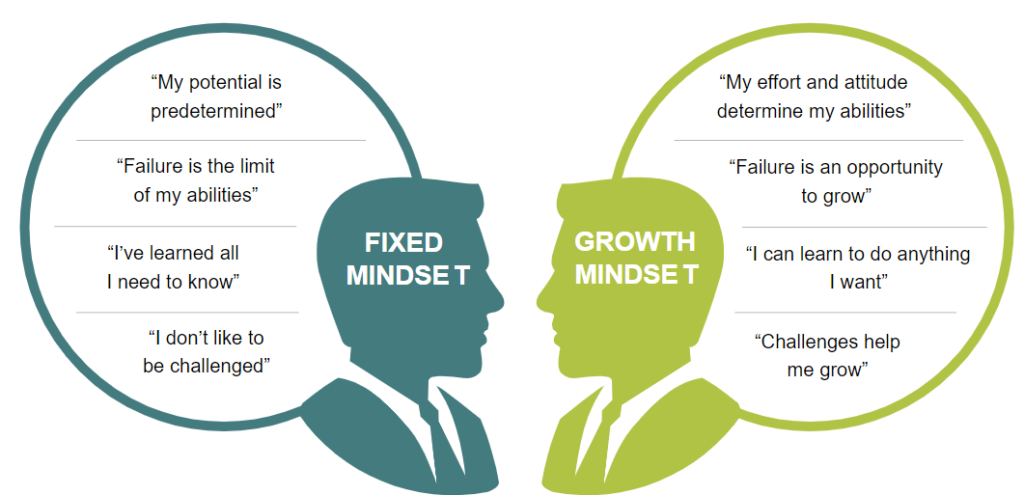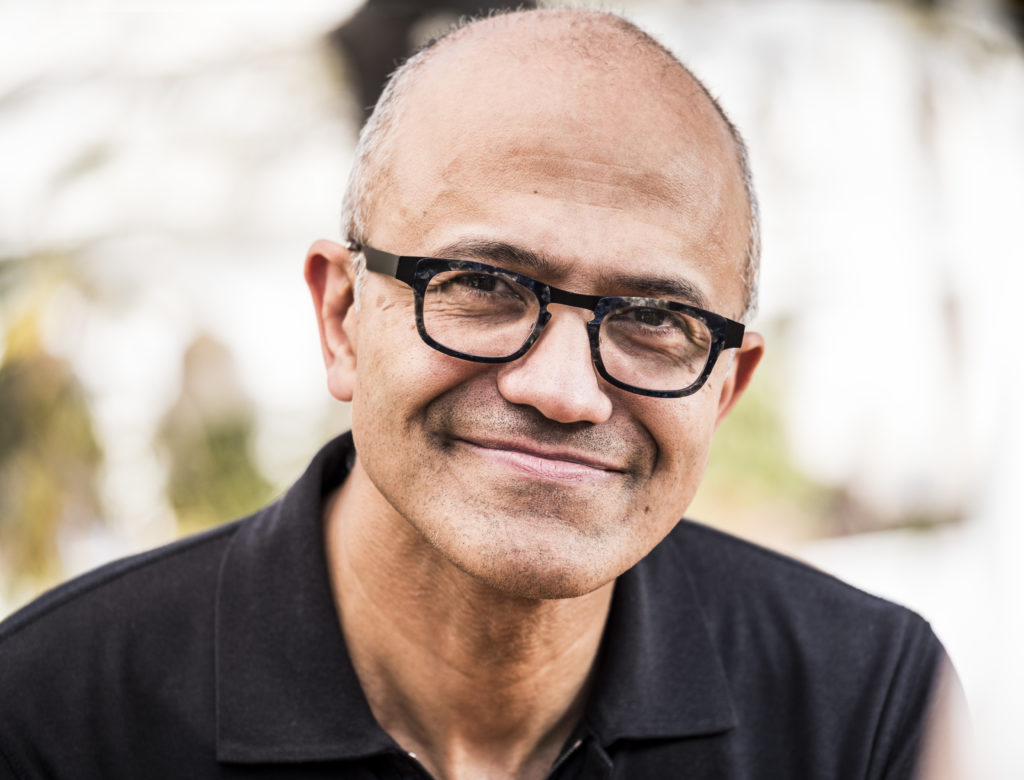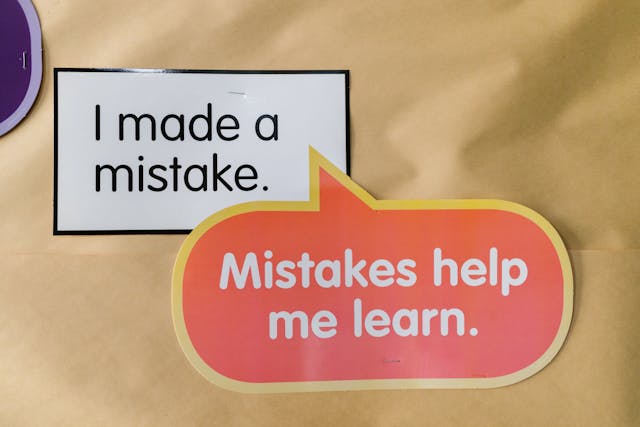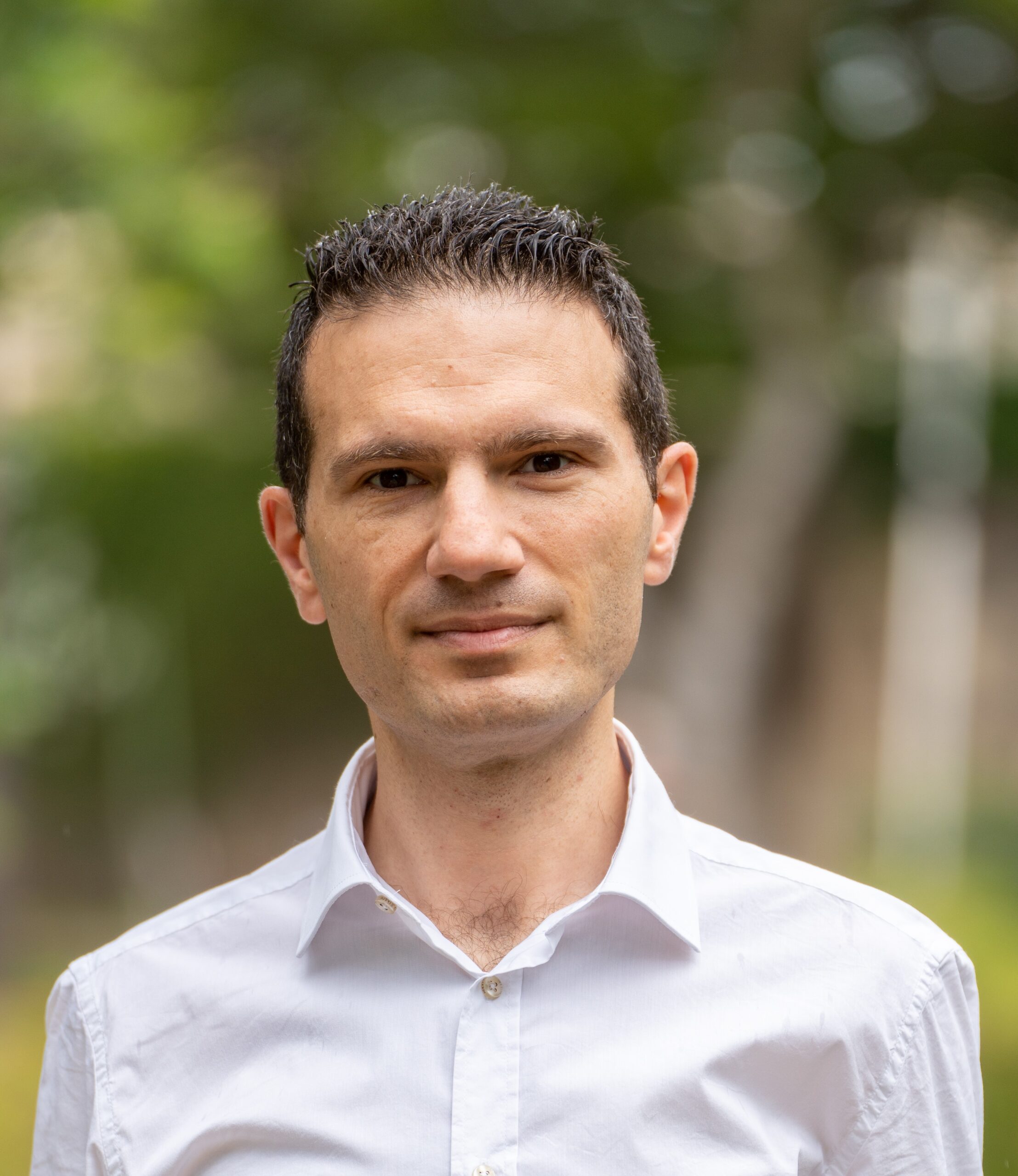Imagine a world where people look at challenges as opportunities, and where egos do not make us feel ashamed if we fail trying to do something. Imagine a society that is not dominated by an implicit pressure to have answers to every question. Imagine everyone believing one’s potential is shaped by continuous learning and perseverance.
Welcome to the world of the Growth Mindset, a transformative approach to how we perceive abilities, opportunities, and challenges!
Exploring the Growth Mindset
A mindset is how we perceive ourselves and the world around us. It determines how one looks and reacts to challenges and opportunities. While different mindset categories exist, one of the most popular is that proposed by Dr. Carol Dweck, who differentiated between a “Fixed” and a “Growth” mindset.
Individuals with a fixed mindset view their abilities, talents, and intelligence as static–i.e., they cannot be developed or changed. On the other hand, those with a growth mindset think completely different. They believe their abilities, talents, and intelligence can be developed through continuous learning and perseverance.
The figure below, taken from the Scaled Agile Framework (SAFe), clearly shows the distinction between the two mindsets. SAFe, one of the leading frameworks for large-scale Agile transformations, emphasises the need for organisations to adopt a growth mindset if they want to reap the long-term benefits from their transformations.

Why is it essential for leaders to instill a growth mindset during Transformations?
Transformation journeys are full of successes and failures. In the initial phases of transformations, failures tend to be higher, especially when dealing with cultural changes. With all these setbacks, people can quickly revert to their traditional way of working unless leaders are continuously there, showing people that they are also committed to learn.
Setting the tone from the above, not on paper, but by walking the walk where leaders can be seen genuinely seeking continuous feedback, learning from mistakes, and adapting to change, will inspire similar behaviours in their teams. This will drive innovation across the organisation as people will start to feel comfortable experimenting and coming up with creative solutions to different problems.
With this continuous learning mindset, people will no longer hesitate to discuss issues and ideas with colleagues from a different department, breaking down the siloed thinking. Collaboration will become the norm, resulting in greater transparency and improved decision making. Additionally, employees will feel more motivated and part of the transformation.
Having said this, promoting a growth mindset entails more than fostering positive individual attributes. It’s about ensuring the entire organisation is resilient, flexible, and capable of adapting quickly to the ever-changing technology and competitive landscape.
How can leaders cultivate a growth mindset?
While there’s no one-size-fits-all solution, I often encourage the following actions:
- Self-awareness and Reflection – Identifying what triggers your fixed mindset is fundamental to self-development. Recognising a pattern or an experience that is keeping you from believing in your potential is the first step to change.
- Be willing to challenge yourself and go out of your comfort zone. It looks scary initially, but things will get better.
- Don’t just look at the outcome; focus on the effort and what you have learned from the experience.
- Regularly seek constructive feedback and be open to it. Don’t be defensive or try to find an excuse to justify the feedback received.
- Instead of feeling threatened by the success of others, celebrate their growth – feel inspired and learn from them.
- Work on personal development plans and periodically review progress.
- Change your vocabulary from “I can’t do this” to “I can’t do this yet,” and think of actions you can take to achieve it.
- Finally, avoid toxic people – those who, for some reason, doesn’t want you to succeed. Instead, find growth-minded individuals who inspire, challenge, and motivate you to grow.
Satya Nadella – an inspiring leader

“Don’t be a know-it-all. Be a learn-it-all”
Satya Nadella, CEO, Microsoft
When Satya Nadella became the CEO of Microsoft in 2014, he embarked on a cultural transformation program. He felt that the organisation needed to urgently steer away from the “know-it-all” culture to a “learn-it-all” one. He did this through various ways, including:
- Encouraged his employees to try not to be the smartest people in the room but rather the ones most willing to learn.
- Rewarded experimentation, even if it led to failure.
- Introduced ways for employees to share their honest feedback on Microsoft’s products and services.
- Pushed for collaboration, departing from the traditional approach of fostering internal competition that had led to the creation of silos.
- Organised several training programmes for the leadership team.
Nadella’s efforts on a growth mindset weren’t just theoretical. Apart from frequently referencing the book “Mindset: The New Psychology of Success” by Dr. Carol Dweck in several interviews, he did not shy away from sharing his learning experiences with the public. His leadership style and emphasis on continuous learning have transformed Microsoft into a more agile organisastion, making it once again one of the most forward-thinking companies in the technology landscape.
In an ever-evolving world where organisations need to continuously adapt to changes, a growth mindset emerges not just as a tool, but as a fundamental need for personal and professional success. Changing one’s mindset requires courage to confront deeply entrenched beliefs, perseverance to beat setbacks, and willingness to remain open to change. However, for those ready to embark on this journey, the rewards of a growth mindset are profound.
After all, the most significant limitations are often the ones we place upon ourselves!
I’m Jonathan Spiteri, and I bring a wealth of experience in innovation, strategy, agile methodologies, and project portfolio management. Throughout my career, I’ve had the privilege of working with diverse teams and organisations, helping them navigate the ever-evolving landscape of business and technology. I’ve also earned multiple prestigious certifications, such as Axelos Portfolio Director, SAFe® 6 Practice Consultant, Organisation Transformation, Project Management Professional (PMP), TOGAF 9.2, and Six Sigma Black Belt. These qualifications reflect my dedication to achieving excellence and my proficiency across various domains.


